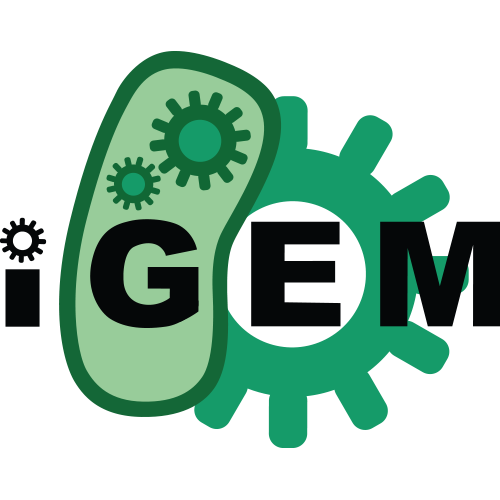Source:
Generated By: https://synbiohub.org/public/igem/igem2sbol/1
Created by: Chris Hirst
Date created: 2008-09-15 11:00:00
Date modified: 2015-05-08 01:10:24
LacI (Lva-, N-terminal deletion) regulatory protein
| Types | DnaRegion |
| Roles | CDS Coding |
| Sequences | BBa_K143033_sequence (Version 1) |
Description
LacI is a regulatory protein responsible for the repression of many catabolite genes. Transcription is regulated by proteins which bind operator sequences around the transcription start site. These proteins can positively affect transcription (activators) or negatively affect transcription (reppresors). Some repressor proteins can be inactivted however by addition of an inducer, such as IPTG or certain sugars.LacI if the regulator protein for the lactose operon in E.coli and the hyper-spank protein of B. subtilis#1(
This version of LacI lacks a Lva degradation tag and has a small(3 amino acid) N-terminal deletion relative to the current registry LacI (
LacI was used in conjunction with the Hyper-spank promoter (
=References=
#1 pmid=16166525
